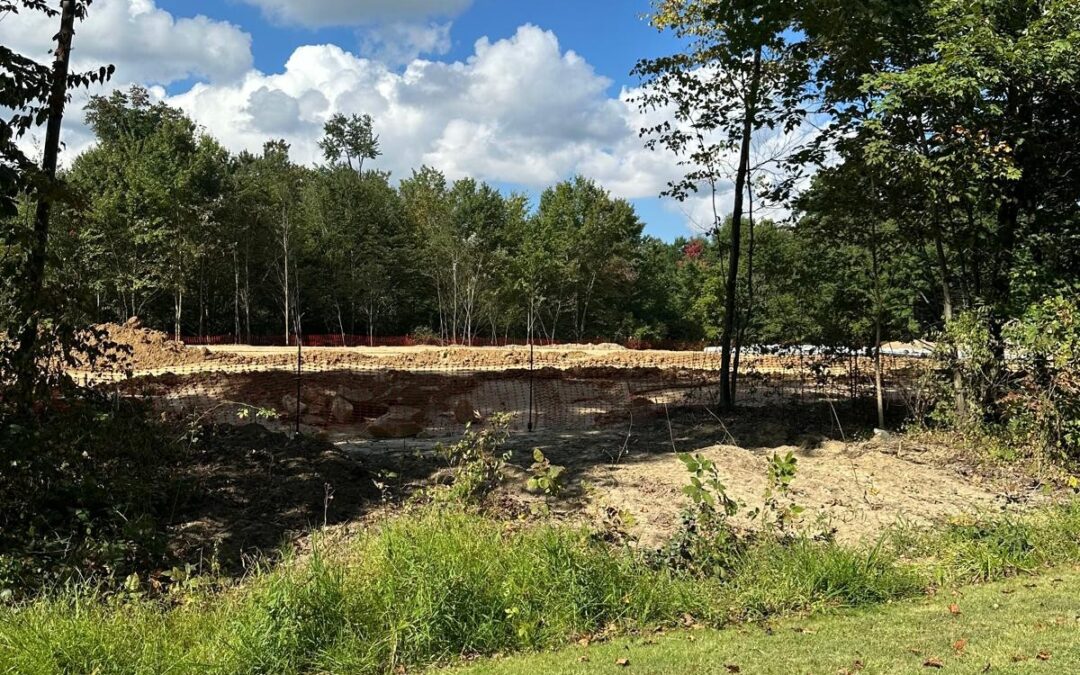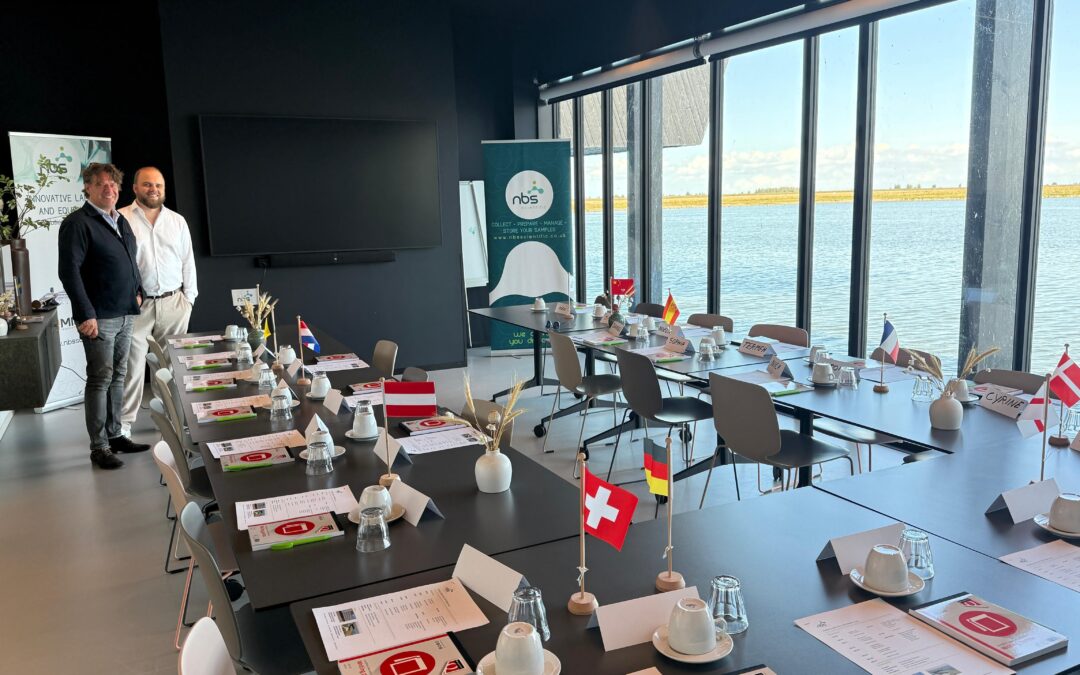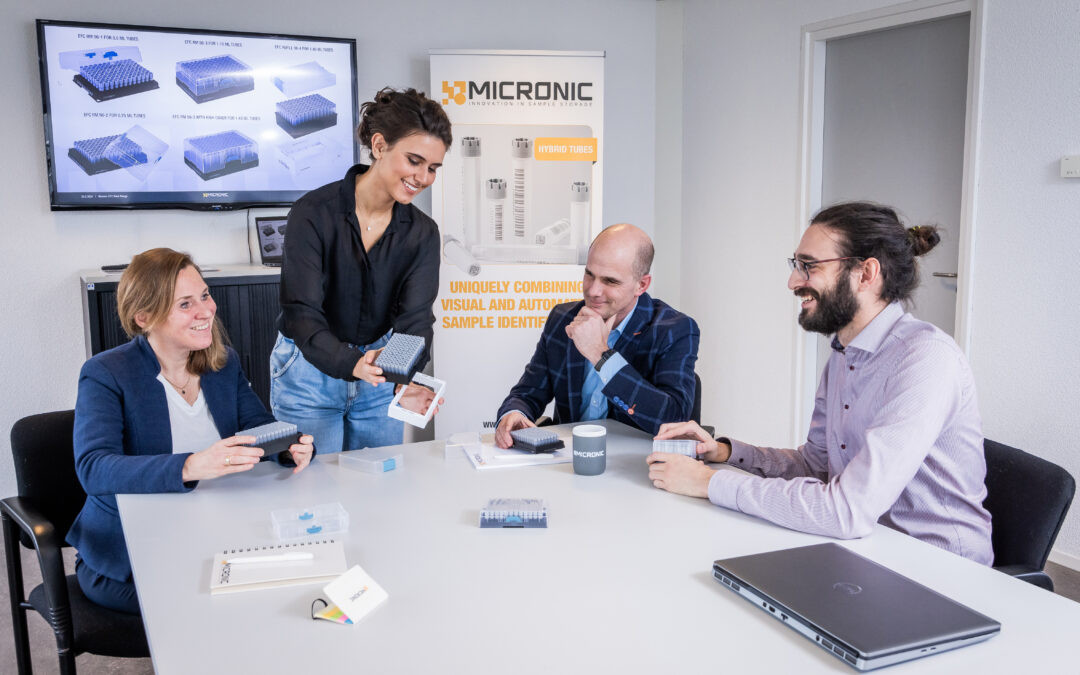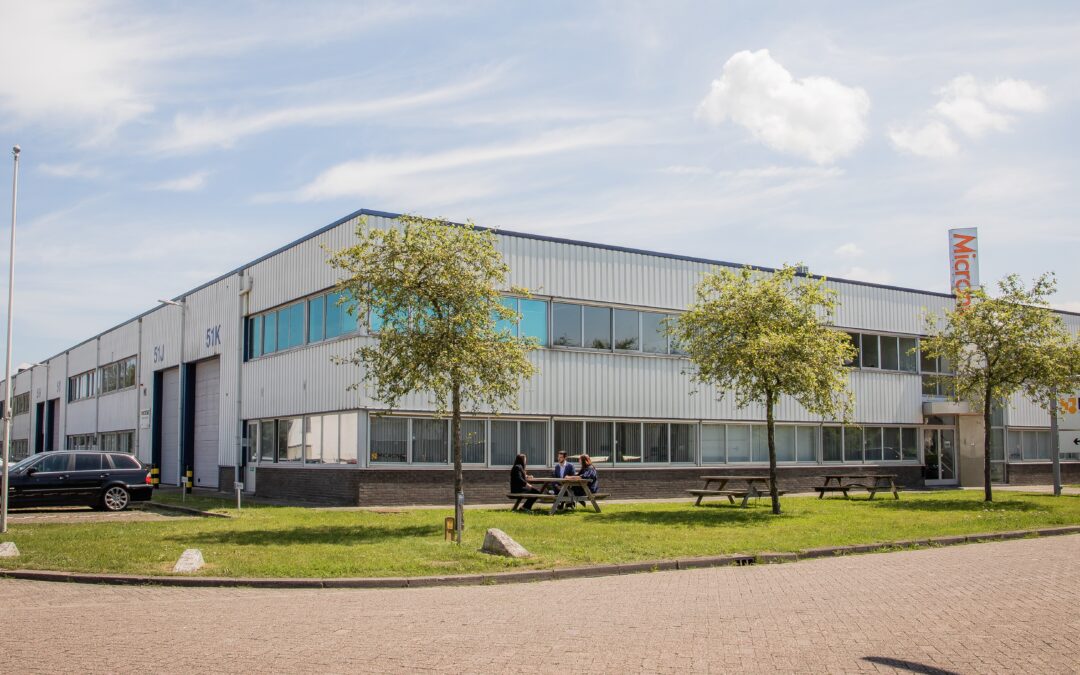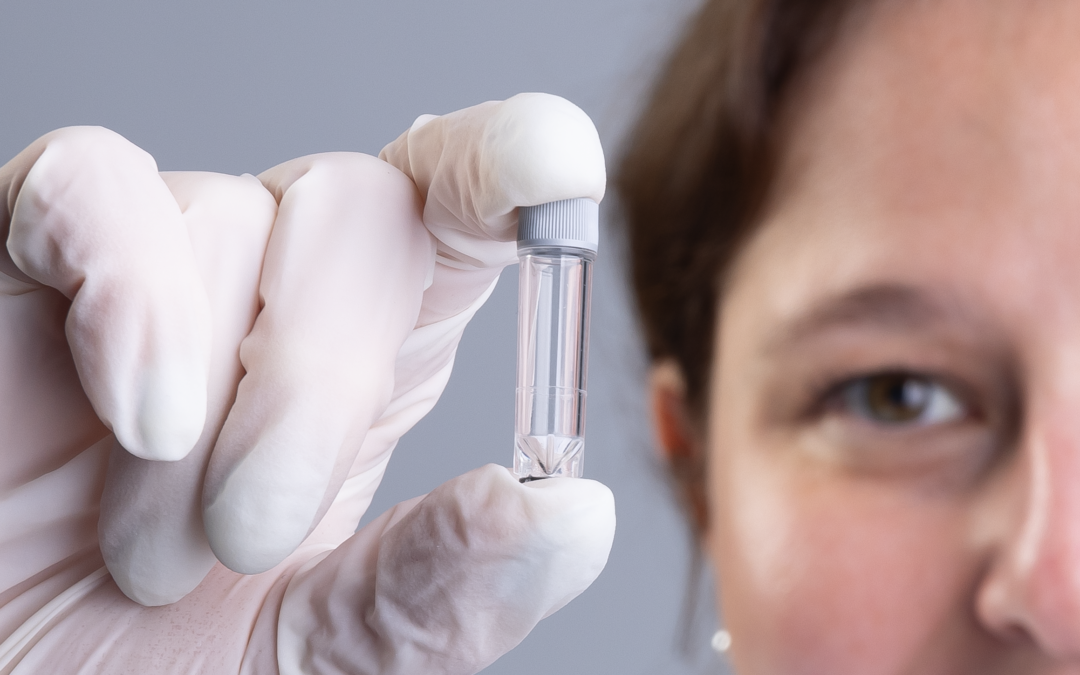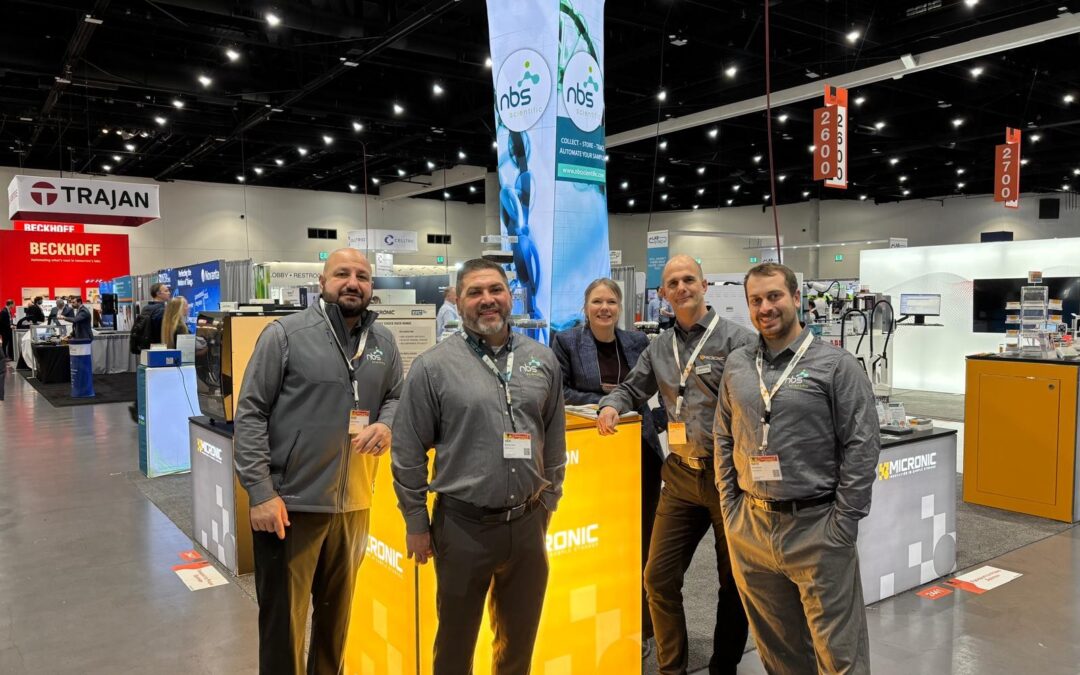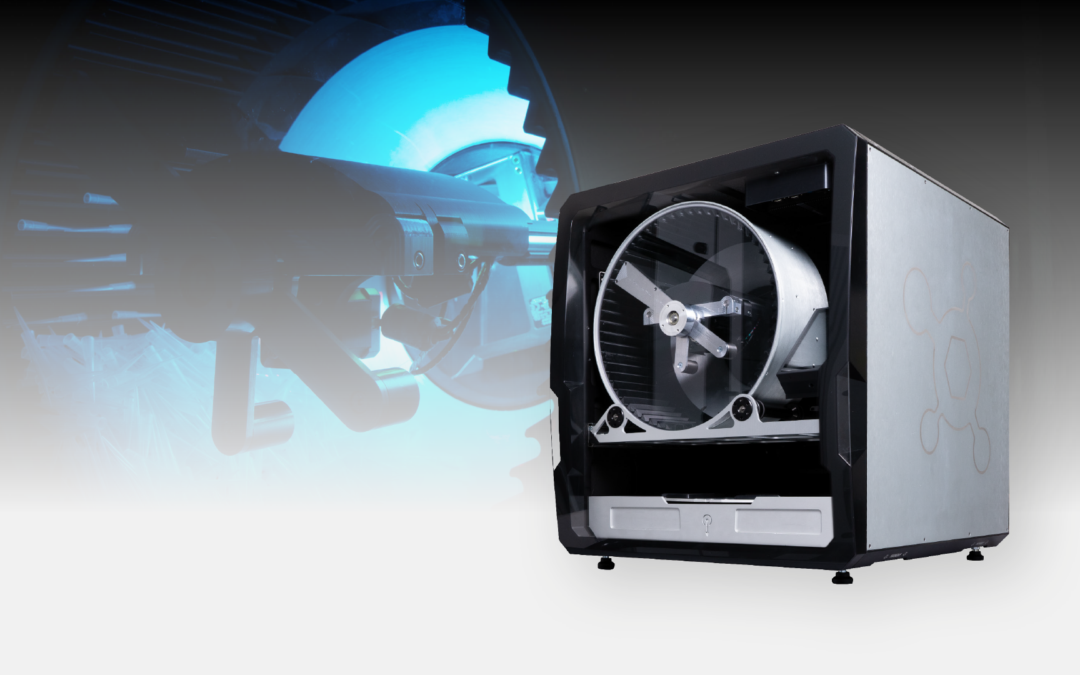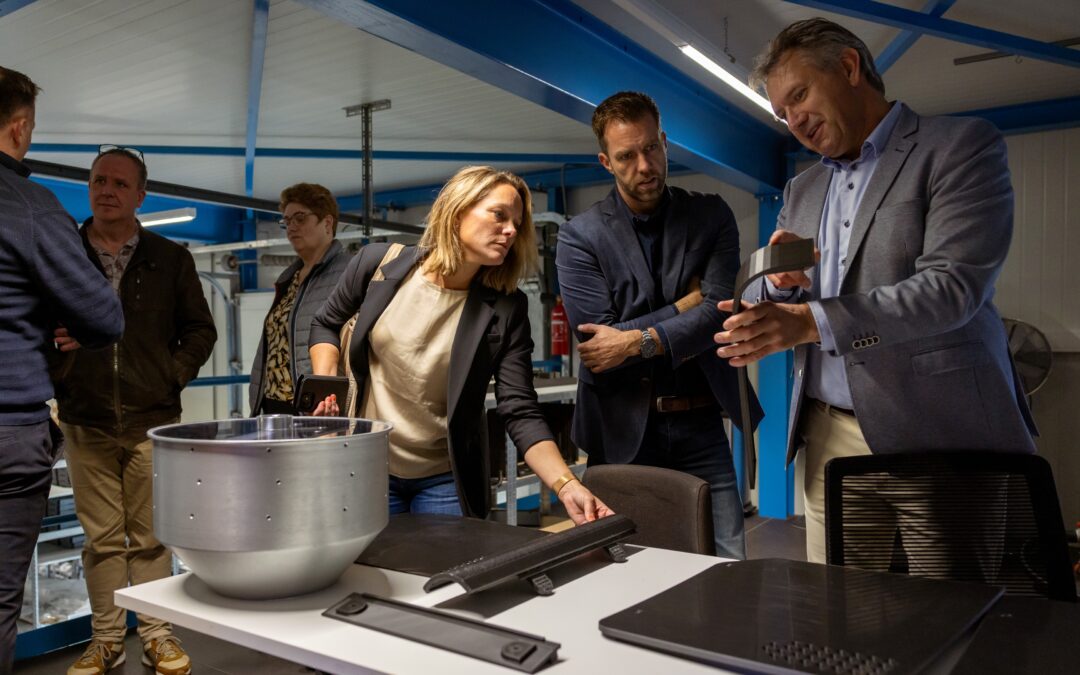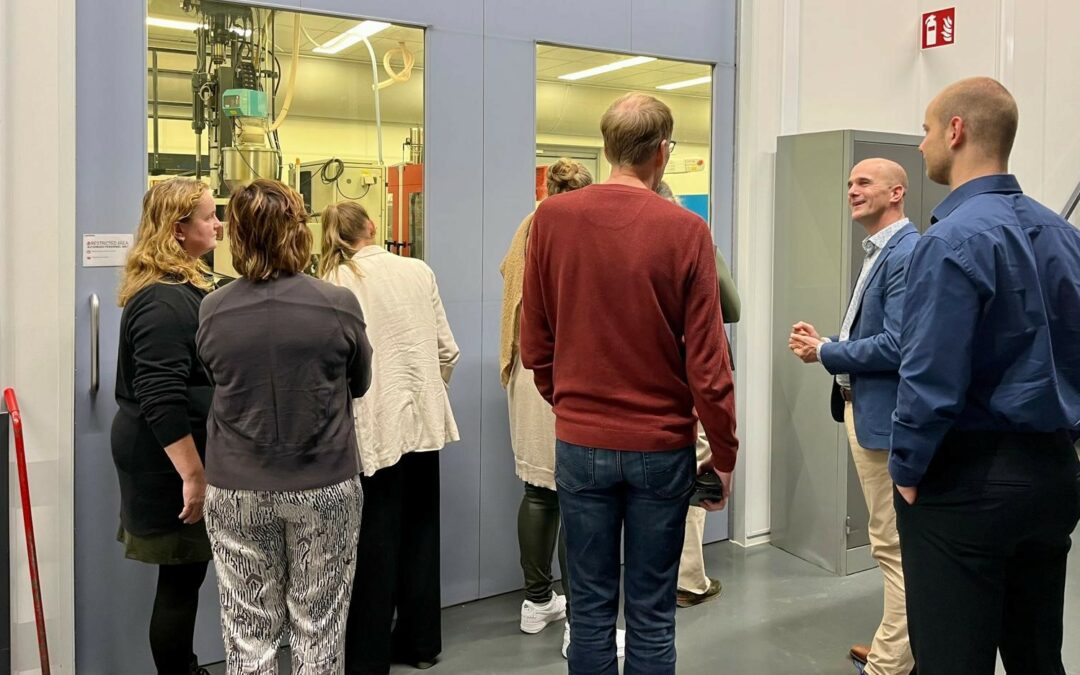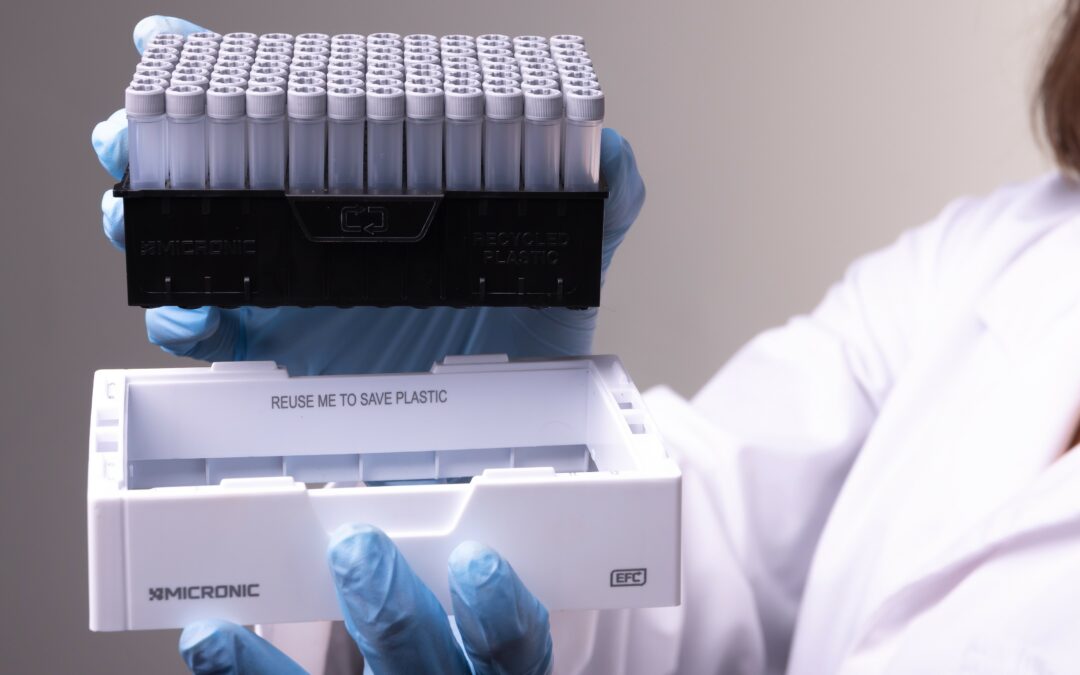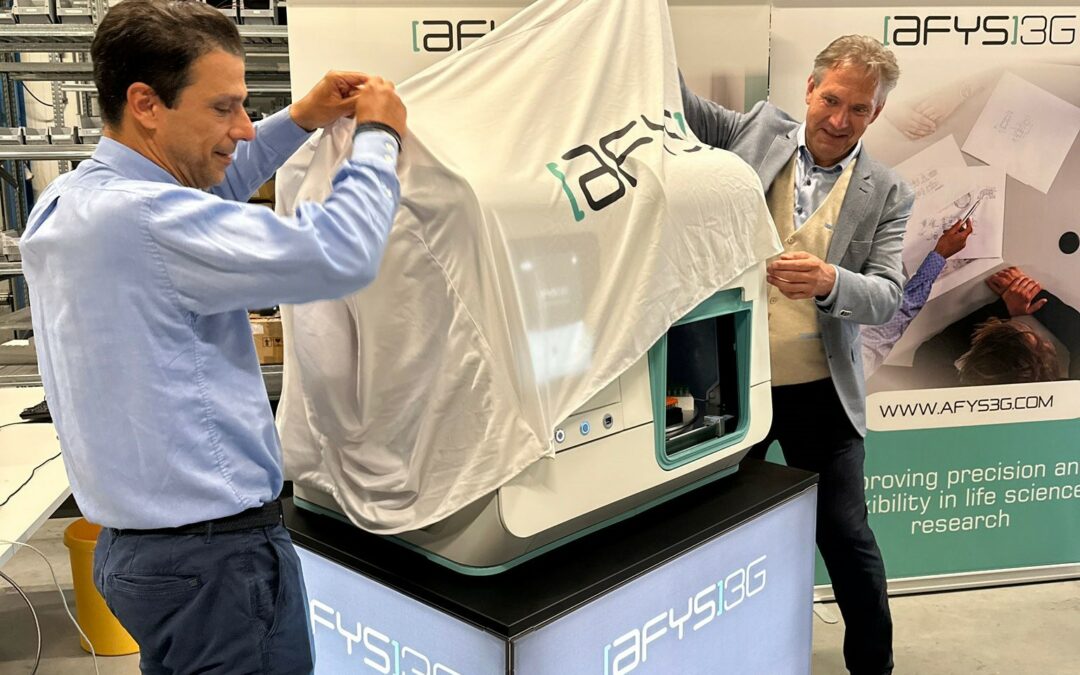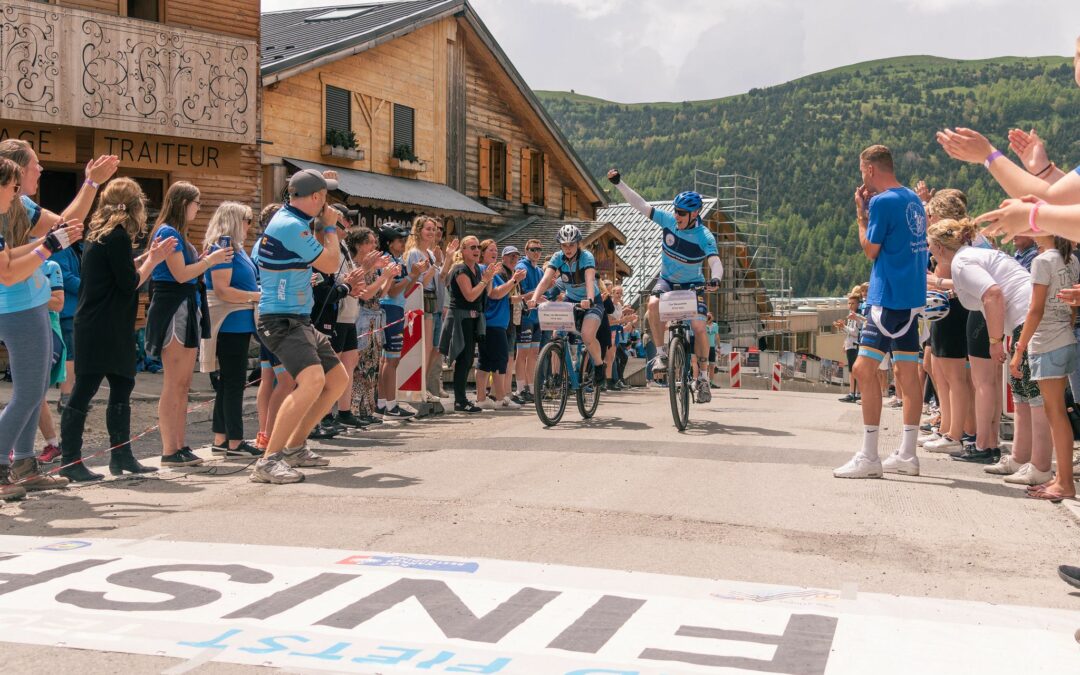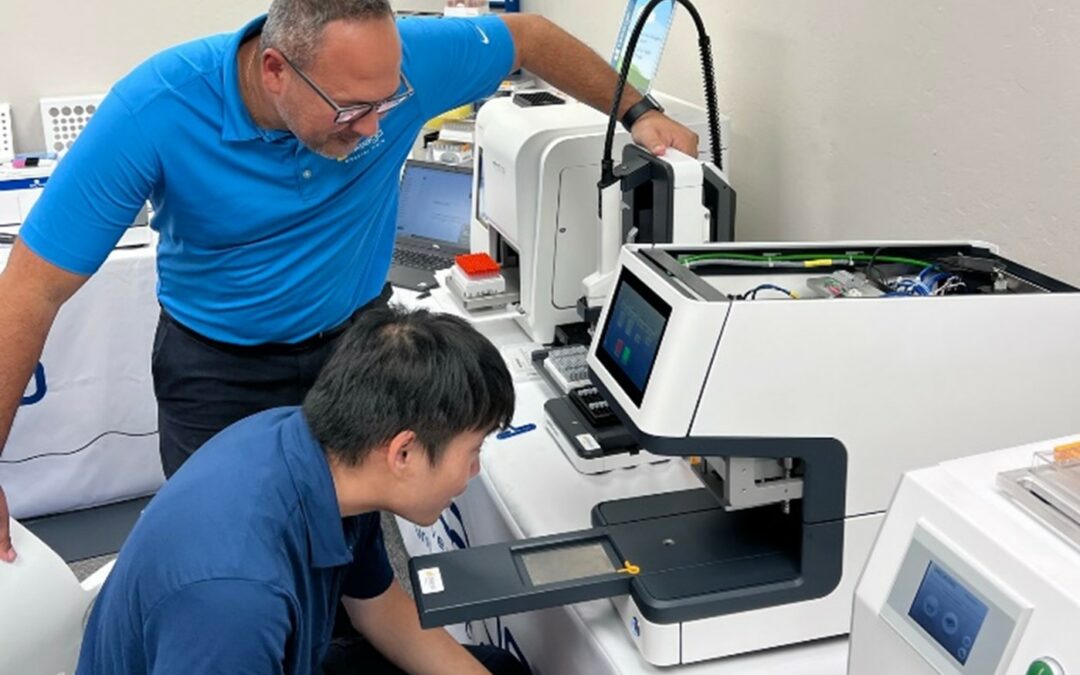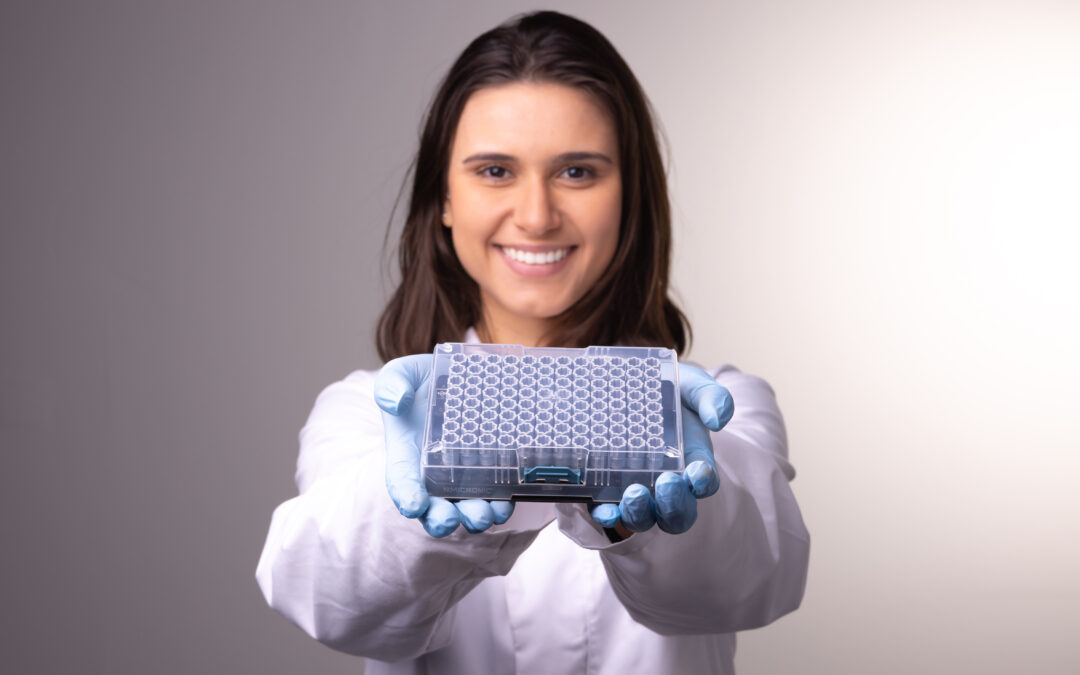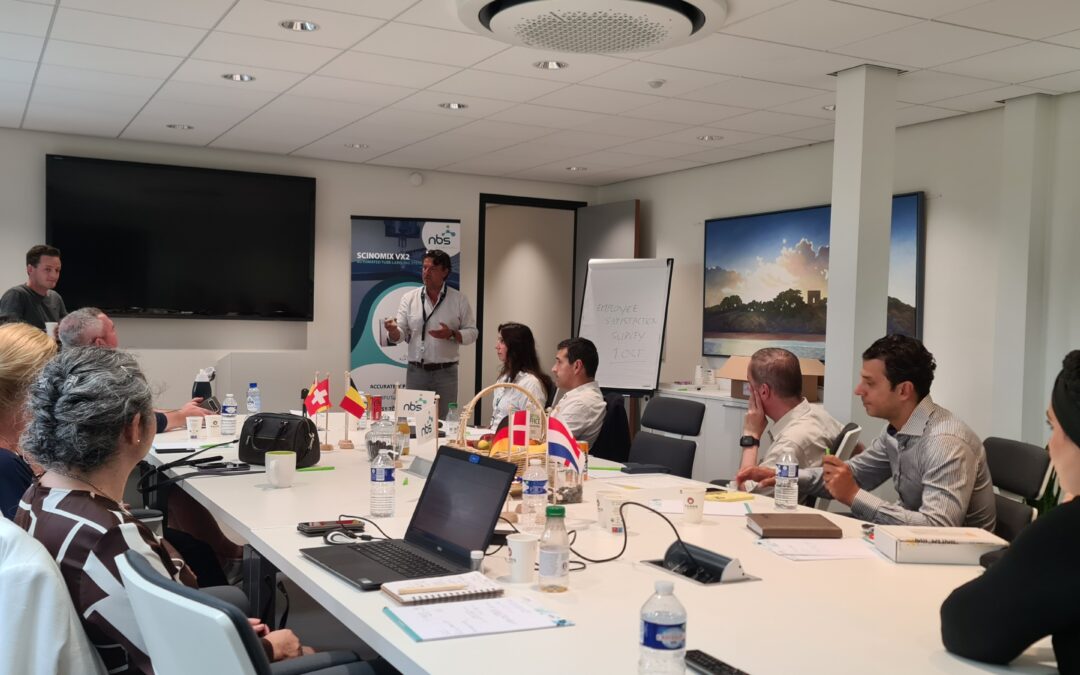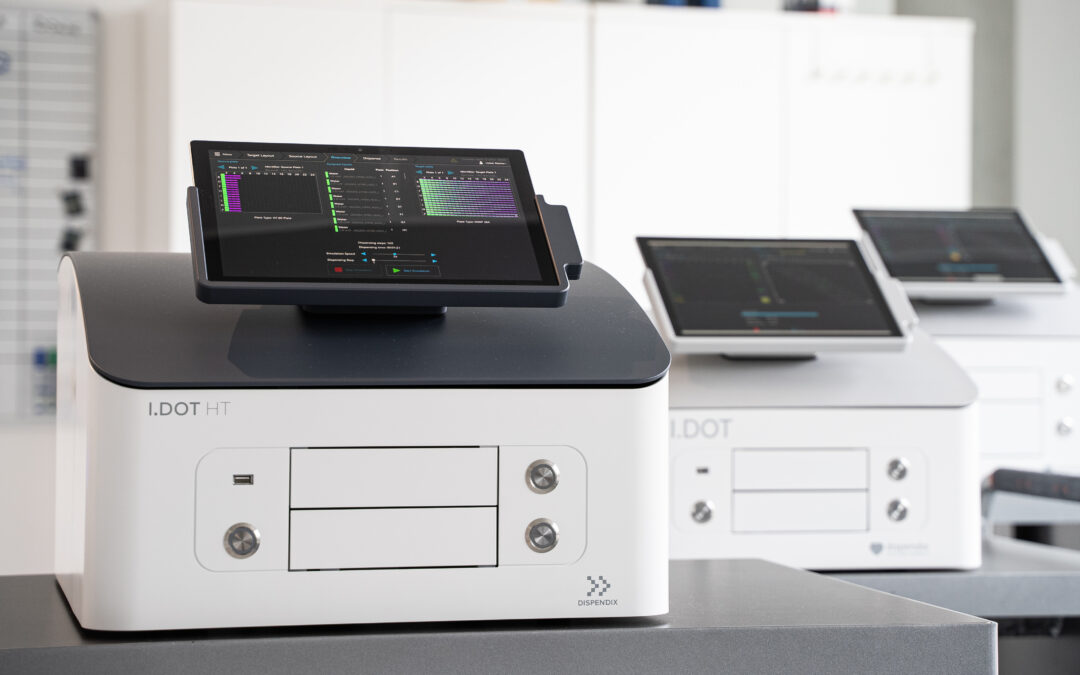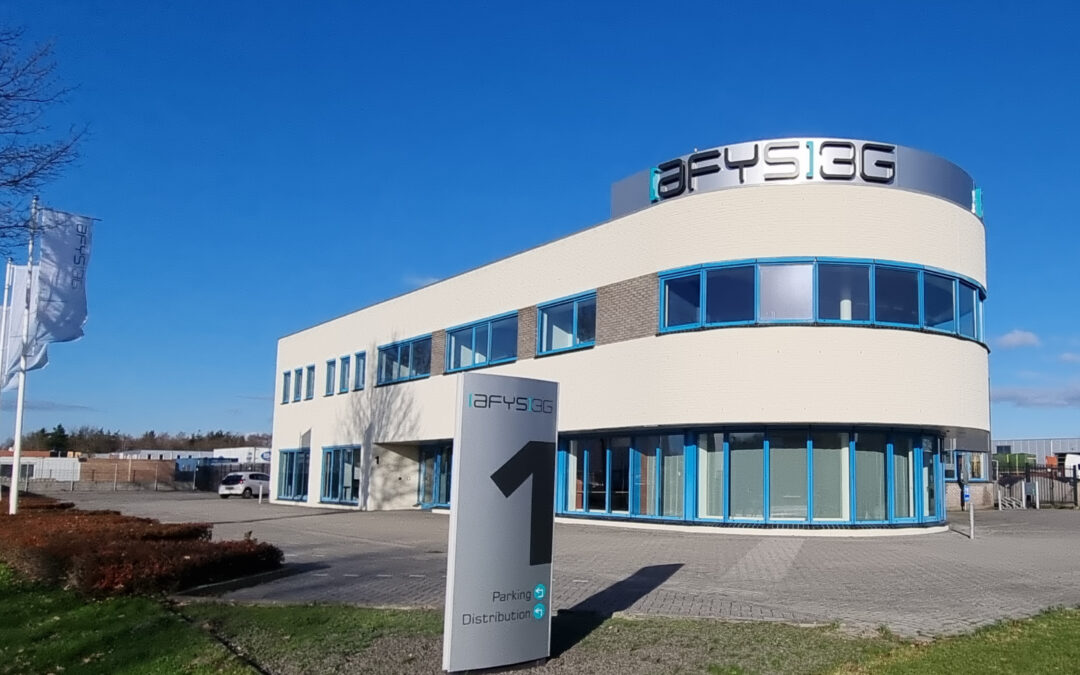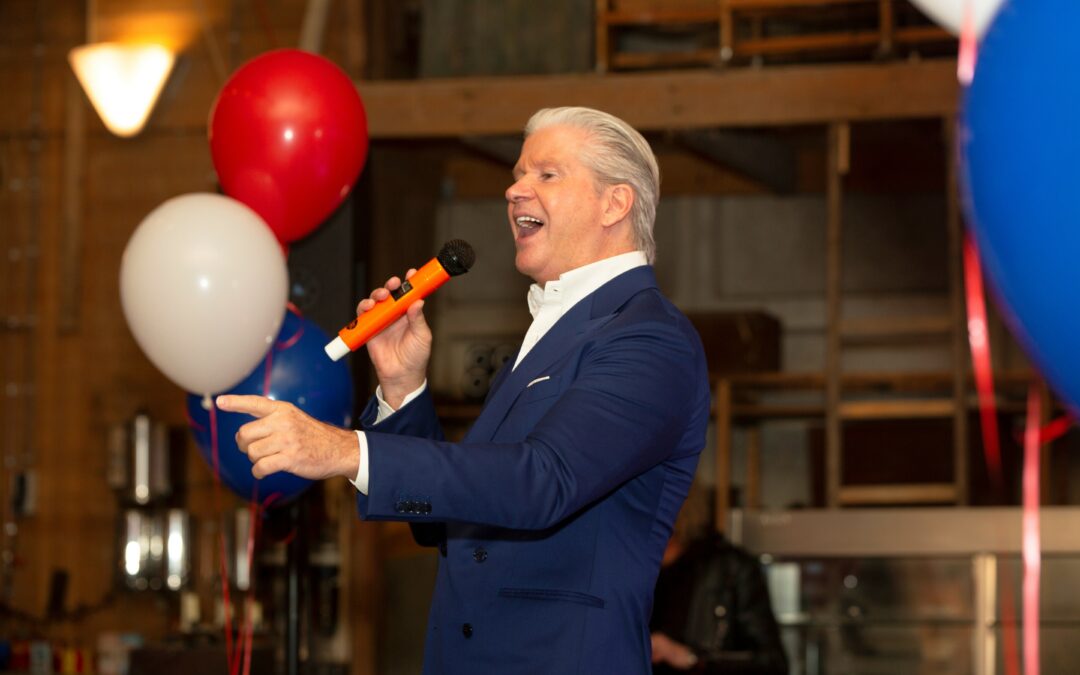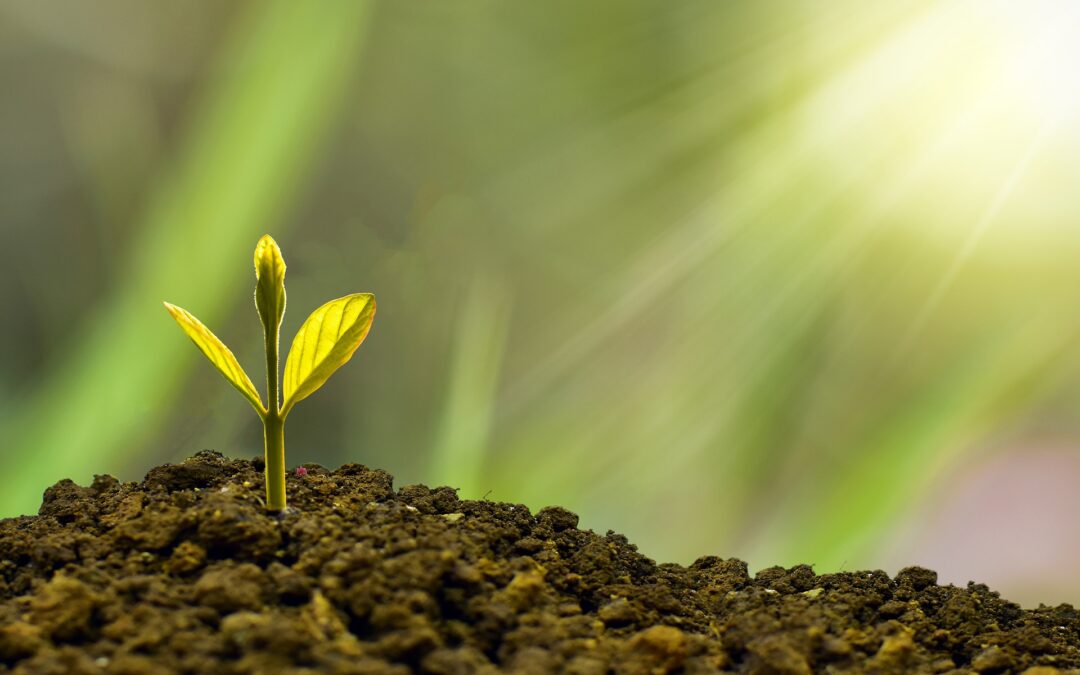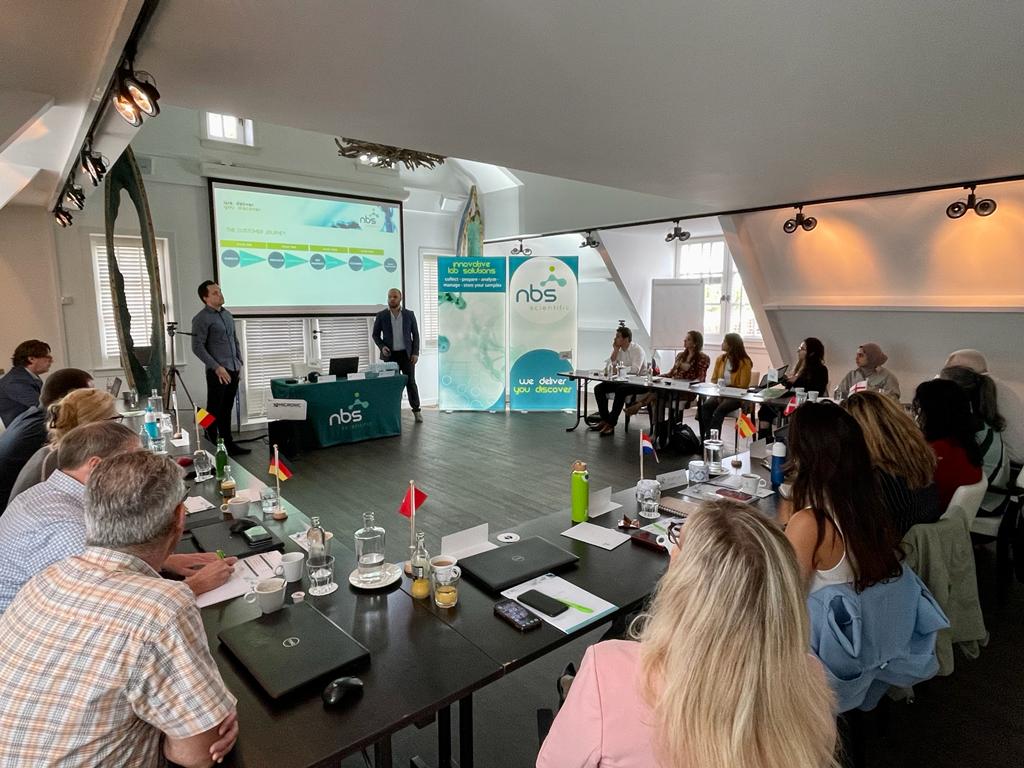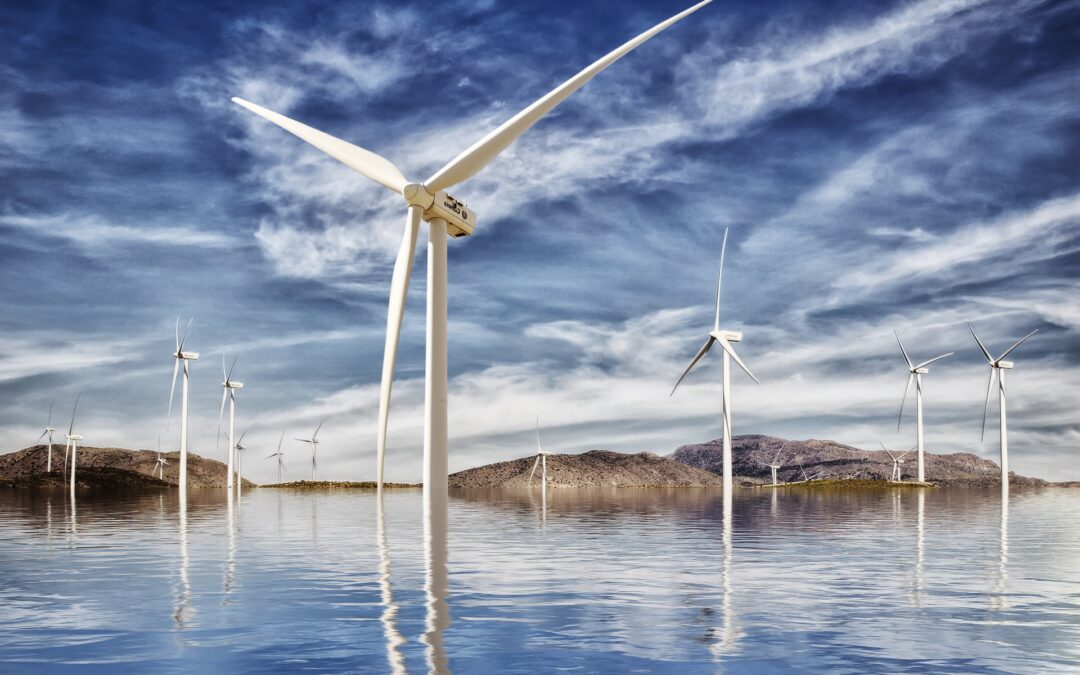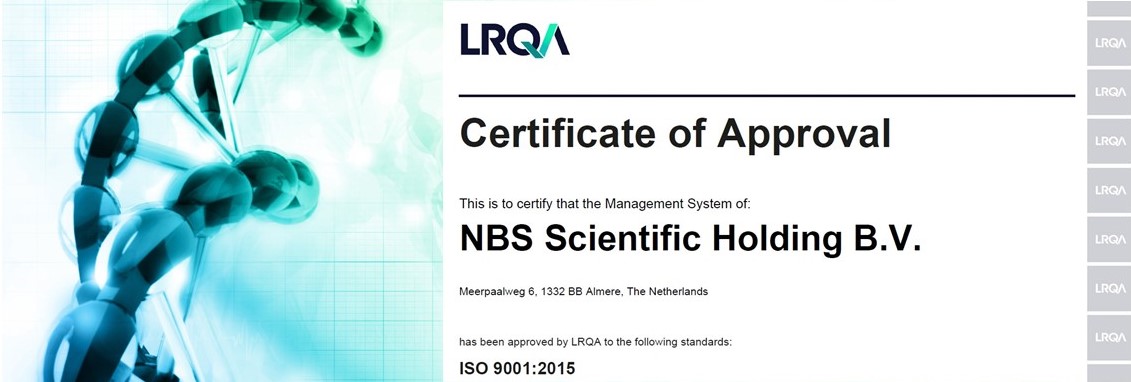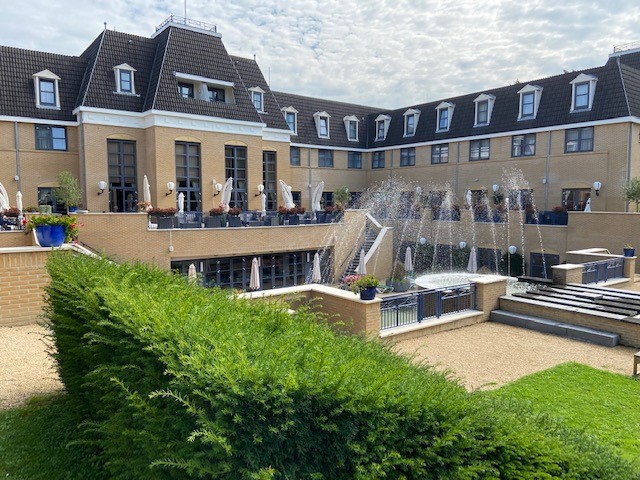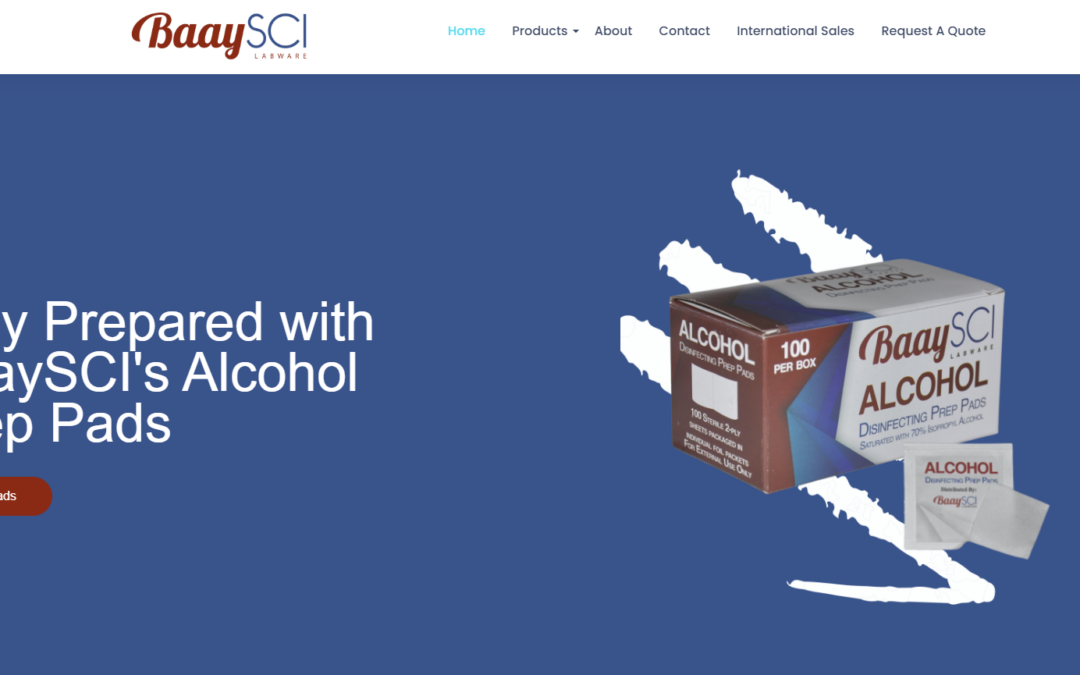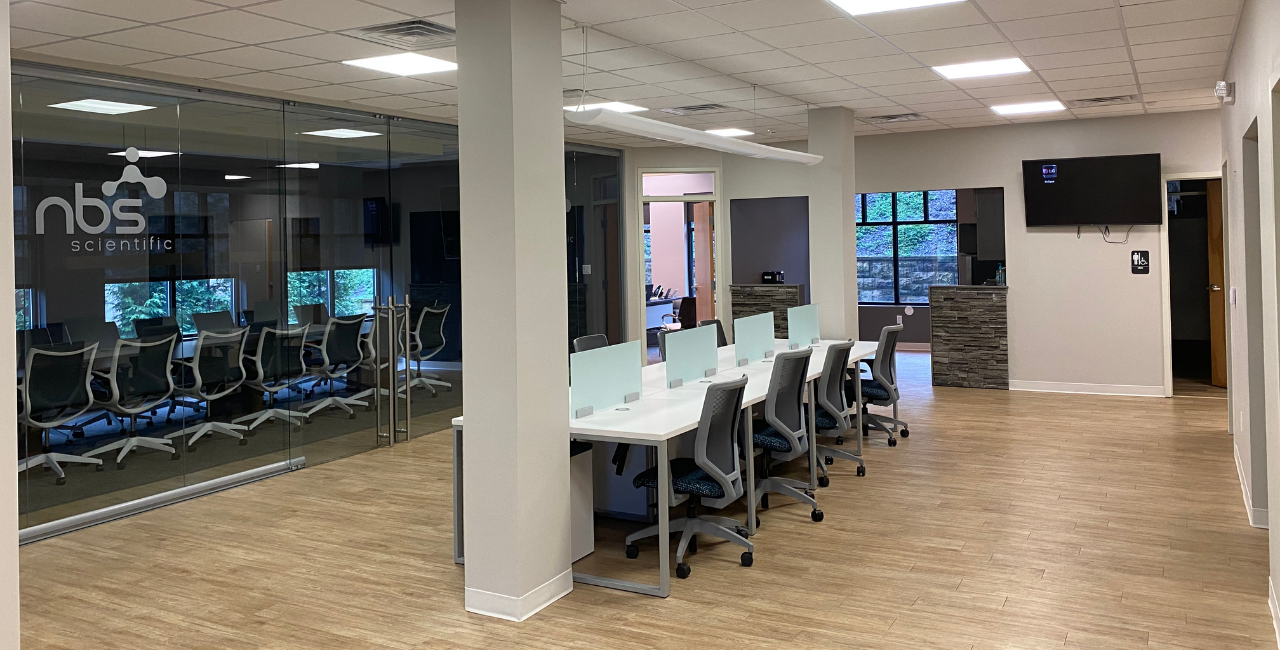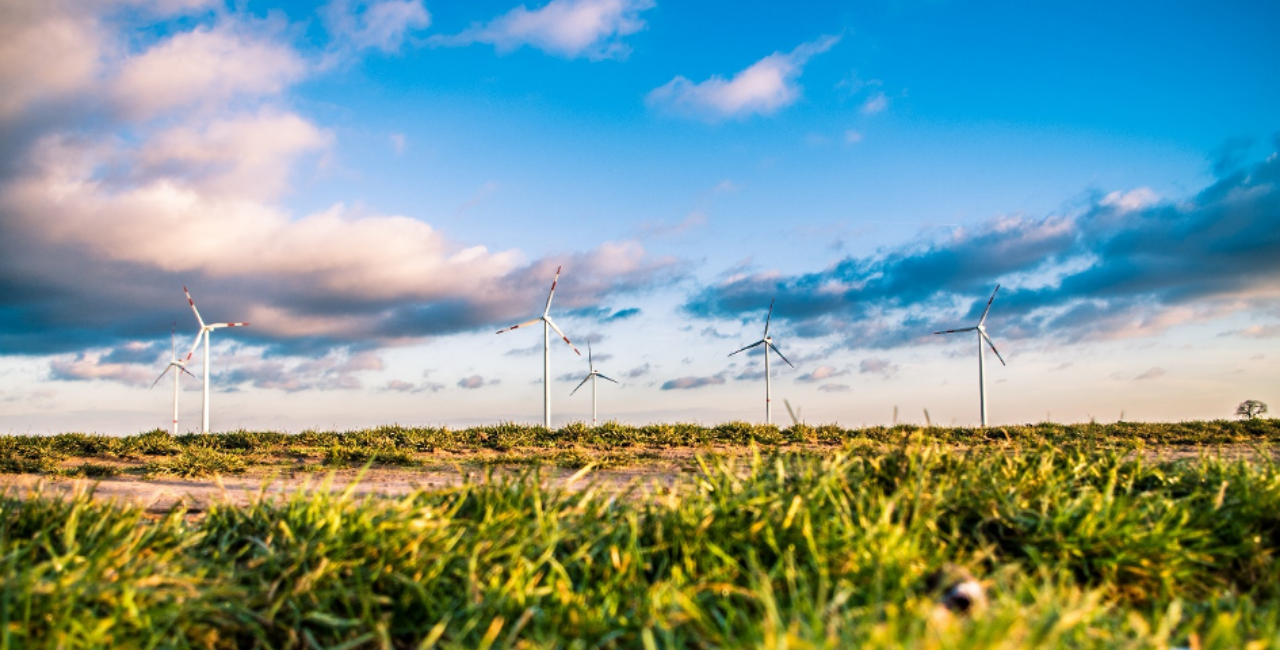The Flevoland economy is strongly internationally oriented. We export plenty of products abroad and more and more large companies, such as Toshiba and Bestseller, are establishing themselves in our province. What opportunities are there for Flevoland? What is it like to do business abroad and how do people abroad view our young polder? Gijsbert van der Gaag (Flevoland entrepreneur and owner of Micronic) and Marco Smit (director of Horizon Flevoland and board member of Economic Board Flevoland) will discuss it.
BOOSTING
The Board is a real booster. These are new initiatives surrounding Flevoland’s future economic issues. All projects and activities we organize ultimately aim to strengthen broad prosperity in the region.
CONNECTING
The Board acts as a connector to allow organizations to work together. It acts as a broker with an extensive network that brings and keeps parties in touch. We look for partnerships and receive input from the business associations in Flevoland.
COMMUNICATE
One of the Board’s most important goals is to put Flevoland on the map. It concerns a distinctive proposition, communicating the Flevoland story, the ambassador function and lobby activities.
GIJSBERT: ‘Good morning, welcome to Micronic in Lelystad. I don’t think you’ve been here before. Shall I give you a tour first?’
MARCO: ‘Yes, interesting!’
GIJSBERT: ‘In these halls, and in particular in the high-tech cleanrooms, we make plastic storage tubes with associated racks, caps and other products for blood banks, forensic institutes and research laboratories all over the world. Our company has been around for forty years and today it employs 100 employees in the Netherlands and 20 at our branch in America.’
MARCO: ‘Nice to see your company from the inside. And it’s interesting that you also have a branch in America. Where exactly?’
GIJSBERT: ‘In the Philadelphia area. We wanted a place on the East coast and near a port and an airport. So we ended up in Philadelphia. The semi-finished products that we make in the Netherlands are assembled at our location near Philadelphia.’
MARCO: ‘How important is the international market for your company?’
GIJSBERT: ‘Very important. Fifty percent of what we make goes to the USA. We supply our products to universities, pharmaceutical companies and, for example, companies that focus on testing diseases at an early stage. Europe is also important to us. Our European customers are located in Germany, France, the Netherlands, Denmark and Sweden. These are countries with a vibrant Life Sciences industry.’
MARCO: ‘And Asia? Japan for example? Is that an interesting market?’
GIJSBERT: ‘Last year we started in Japan with our own employee. We have been very active in China for a number of years, and we also have our own employee there. To get our feet on the ground there, we had help from the Almere company Acclime.’
The pair walk through the cleanrooms to the warehouse and then – after a short coffee stop – to Gijsbert’s office.
MARCO: ‘What I personally like about doing international business is getting to know other cultures. How do you feel about that?’
GIJSBERT: ‘It’s fun and adventurous. What I especially enjoy and find important is getting to know my customers and relations personally. I do this by always staying overnight in the area, eating together and really getting an idea of what someone’s life is like. The conversations you have with someone are valuable. What are their needs and what are their problems? This information is interesting in order to continue to respond to changing demand and product innovation.’
MARCO: ‘In many areas, such as Southern Europe or the Middle East, building a relationship is more important than ever. The relationship comes first. You go out for dinner, and again and again, you exchange a small gift and only later do business with each other. But once you do business with each other, that person is loyal. He or she trusts you.
Americans, on the other hand, are a lot more functional.’
GIJSBERT: ‘And more straight to the point. They are generally more opportunistic than we are. I especially notice it when we introduce new innovative products. Americans are naturally enthusiastic and are quickly convinced that something can help their research.’
MARCO: ‘I still remember my first company visit to America. I arrived there in a suit and was greeted by a man in shorts and a t-shirt. “Are you from the FBI?” he asked me laughing. I can laugh about it now. And I have never put on a suit for these kinds of meetings in America since. Another nice example is the duration of a conversation. In America they are quite functional, so short. Sometimes I was back in my car after 20 minutes. They asked a few questions, let me tell my story and said “It was a very productive meeting”. By comparison: in Saudi Arabia you can easily sit at the table together for 2.5 hours.’
MARCO: ‘Do you also provide help with entering new markets? Horizon Flevoland has an advisory function in the field of internationalization. But you can also go to the embassy or consulate, for example. I am curious about this, because I have worked for the Ministry of Economic Affairs for years on export promotion and attracting foreign companies. There are people working at an embassy or consulate who do nothing other than help Dutch entrepreneurs. They have a huge network.’
GIJSBERT: ‘I don’t actually use that.’
MARCO: ‘Why not?
GIJSBERT: ‘On the one hand, because I am not very aware of this. But also because we already do a lot of preliminary work ourselves and our market is fairly specific.’
MARCO: ‘Do you also regularly receive customers in Flevoland?’
GIJSBERT: ‘Yes, certainly. We then show them the company, but also Flevoland. While Dutch people sometimes have an opinion about our province, foreigners are often surprised. They see the polder as a place where there is room to innovate. And that’s how I experience it myself.’
MARCO: ‘I experience that too. When I tell the story of Flevoland, many foreign visitors blink. New land, reclaimed land and just a stone’s throw from Amsterdam. Flevoland has it and more and more international companies are finding out about it.’
GIJSBERT: ‘And we can all be a little more proud of that!’


